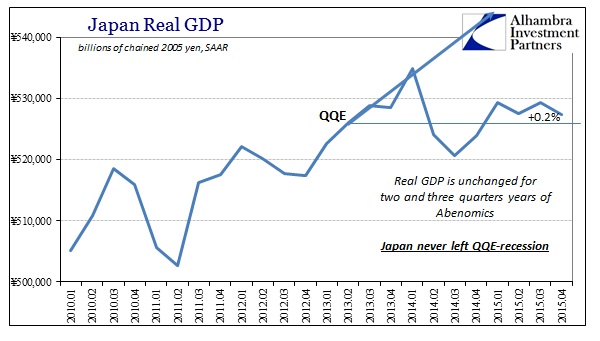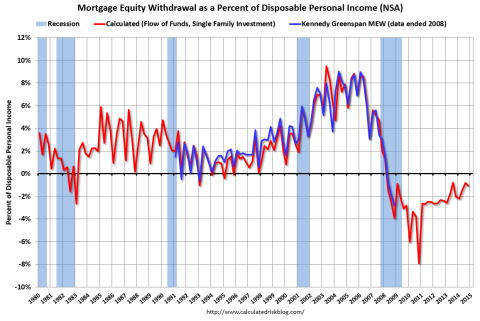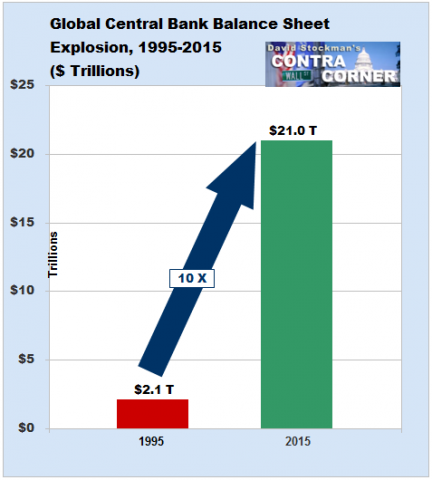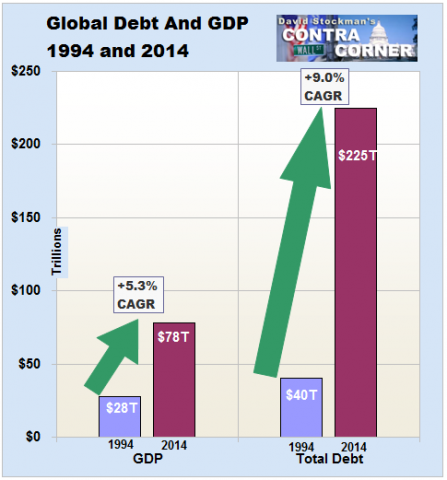Two overlapping news stories in the past few weeks must focus our attention on the need to move away from fossil fuels as quickly as possible and to transition our global economy to a more just and resilient system, especially for the world’s poor and vulnerable peoples.
First, it was widely reported that 2015 was the hottest year ever recorded in human history. Specifically, the global temperature was not just higher than ever, but it rose faster than ever and the 5-year period, 2011-2015, was also the hottest 5-years ever. Climate change is real, is happening right now and seems to be accelerating in speed and intensity with every passing year.

Second, global oil prices continue to collapse, now below $30/barrel. This sent world stock markets down and had a number of negative impacts on human rights issues around the world. A New York Times article last month reported the devastating impact that falling oil prices are having on poor and marginalized people in Russia. Oil is Russia’s biggest export commodity, makes up more than 15 percent of the Gross Domestic Product and around 50 percent of its federal budget. As oil prices dropped, the Russian government began making cuts to social spending, focusing on cuts to the poorest people first. Retirees, teachers, factory workers—all have seen large cuts to their incomes and struggle to get by.
Near-disastrous news stories are also pouring out of other countries that export large amounts of oil. News from Nigeria, Angola, Ecuador and Brazil is describing serious economic problems, with cuts to social spending for poor people first in line to make up for government shortfalls from oil revenues.
…click on the above link to read the rest of the article…













One of the biggest economic surprises of 2015 is that the stunning drop in global oil prices did not deliver a bigger boost to global growth. Despite the collapse in prices, from over $115 a barrel in June 2014 to $45 at the end of November 2015, most macroeconomic models suggest that the impact on global growth has been less than expected – perhaps 0.5% of global GDP.
The good news is that this welcome but modest effect on growth probably will not die out in 2016. The bad news is that low prices will place even greater strains on the main oil-exporting countries.
The recent decline in oil prices is on par with the supply-driven drop in 1985-1986, when Opec members (read: Saudi Arabia) decided to reverse supply cuts to regain market share. It is also comparable to the demand-driven collapse in 2008-2009, following the global financial crisis. To the extent that demand factors drive an oil-price drop, one would not expect a major positive impact; the oil price is more of an automatic stabilizer than an exogenous force driving the global economy. Supply shocks, on the other hand, ought to have a significant positive impact.
Although parsing the 2014-2015 oil-price shock is not as straightforward as in the two previous episodes, the driving forces seem to be roughly evenly split between demand and supply factors. Certainly, a slowing China that is rebalancing toward domestic consumption has put a damper on all global commodity prices, with metal indices also falling sharply in 2015.
…click on the above link to read the rest of the article…